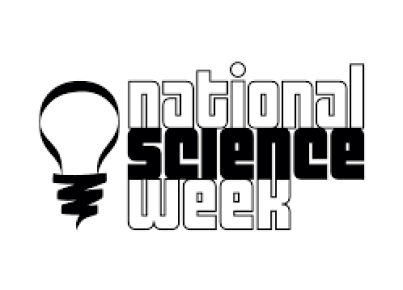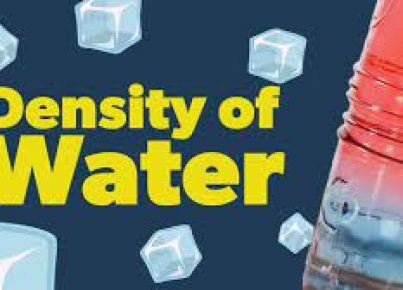Introduction
In recent years, topic-based learning has emerged as an effective pedagogical approach to engage students and promote a deeper understanding of science subjects. By focusing on specific themes or topics, educators can create immersive experiences that are tailored to the interests and abilities of their students. This article explores various ideas for topic-based learning in science, providing inspiration for educators looking to enhance their curriculum and spark students’ curiosity about the natural world.
1. Climate Change and Sustainability
Given the pressing nature of climate change and its impacts on our planet, incorporating it into the science curriculum is crucial. Lessons can explore topics such as greenhouse gases, deforestation, renewable energy sources, and strategies for reducing waste. Students can partake in hands-on activities like building solar-powered devices or planting trees and observe the role of each contribution in preserving the environment.
2. Human Anatomy and Physiology
The human body offers an abundance of intriguing topics for students to discover. Lessons can cover diverse areas such as organ functions, the nervous system, and the circulatory system. By investigating different bodily processes, students can gain a deeper understanding of how various systems work together to maintain overall health. Engaging activities include creating detailed anatomical models from clay or simulating blood flow through a homemade circulatory system.
3. Space Exploration and Astronomy
The wonders of outer space can captivate learners of all ages, making it an ideal topic for science exploration. Students can study celestial objects like planets, stars, and galaxies while learning about cosmological phenomena like black holes, supernovae, and dark matter. Classroom activities might involve comparing planetary conditions or using telescopes to observe constellations in real-time.
4. Ecology and Biodiversity
Exploring the intricate relationships between living organisms and their environments enables students to appreciate the beauty of our planet’s diverse ecosystems. Activities might include examining food chains/webs, identifying plant and animal species, or observing local habitats during field trips. By focusing on these relationships, learners can develop a deeper appreciation for the importance of biodiversity and conservation efforts.
5. Scientific Discoveries and Inventions
Showcasing the accomplishments of legendary scientists and inventors can instill both a sense of pride and an appetite for innovation in students. Lessons could center on significant breakthroughs such as the discovery of penicillin, the theory of relativity, or DNA’s structure. Encouraging students to analyze and replicate experiments can help promote problem-solving skills and reinforce scientific learning processes.
Conclusion
Topic-based learning in science is a valuable way to engage students’ attention, stimulate curiosity, and facilitate knowledge retention. By integrating themes such as climate change, human anatomy, space exploration, ecology, or scientific discoveries into lessons, educators can create meaningful experiences that foster both critical thinking and enthusiasm in their learners.





